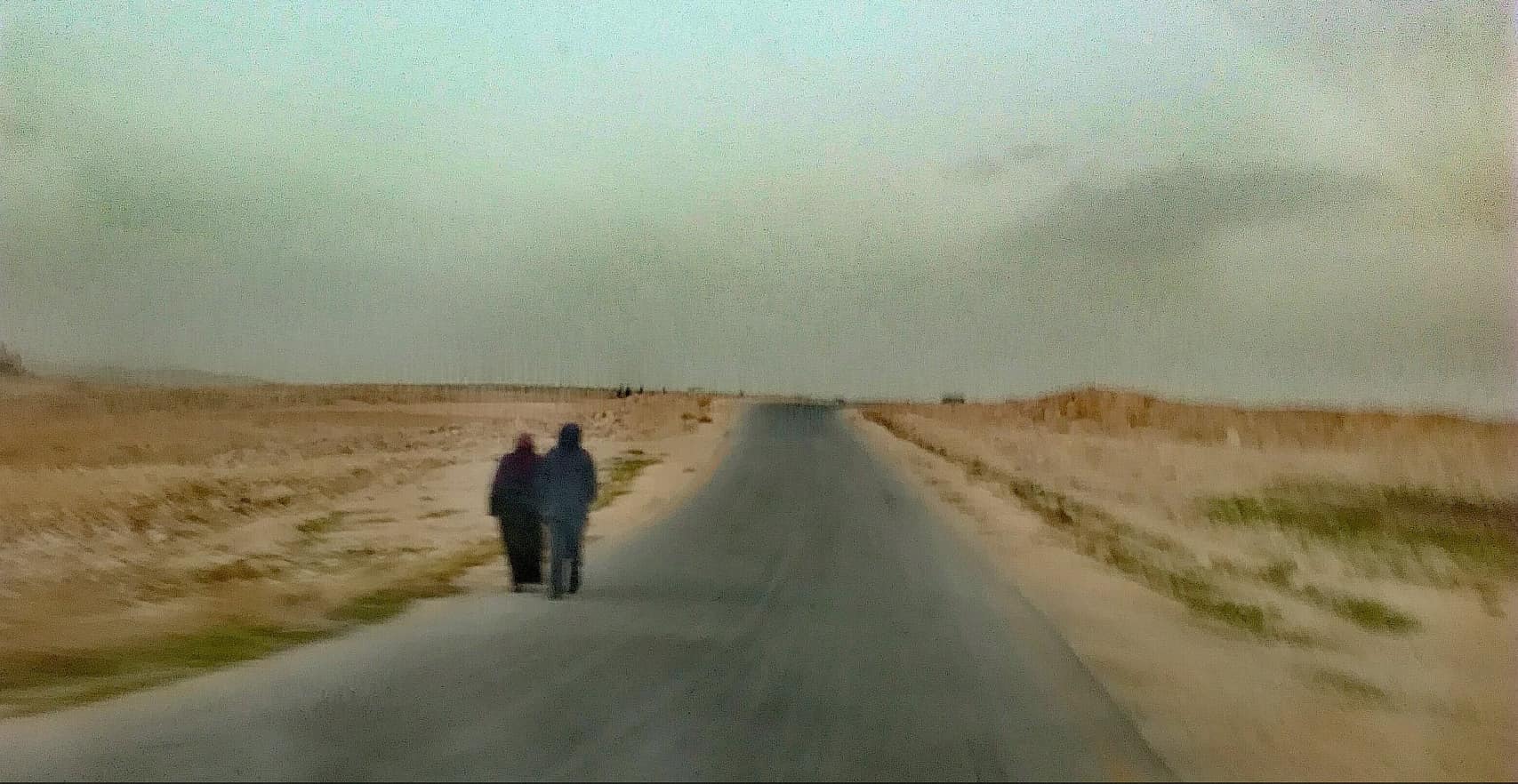
Hollowing Out the Holy Land

Hollowing Out the Holy Land
So often in western evangelical circles one hears buzzing conversation about visiting the Holy Land. There is great excitement about coming to the places where the Old Testament prophets and kings as well as the miracles of Jesus took place. Great enthusiasm is garnered for these trips and tours, and people from all over the world make their way to the land which holds much of the history of the Bible.
But what about the people living in what we refer to as the Holy Land? There are also significant conversations among local populations regarding the myriad of different issues people are dealing with in the land. For over 2,000 years of history, people and empires have come and gone in the land, but followers of Jesus have remained in the land following the resurrection of Christ. That same remnant remains today. So as the influx of Christian pilgrims fills the land as they come and go on their tours examining the past, the local Christian population living in the Holy Land presently finds itself dwindling, with their numbers steadily decreasing due to emigration.
Why?
The quick glance of an untrained eye would view this issue in light of the Middle East, and chalk up the emigration of Palestinian Christians to conflict and persecution by Muslims. This, however, is not the case in Palestine. The number one reason for Palestinian Christian emigration out of Palestine is due to the harsh economic and political situation. The lack of opportunity for work and a future coupled with the stifling realities of the Israeli occupation push Palestinian Christians toward leaving the place they call home.
Yet with a deep connection to the land, Palestinian Christians find themselves in an exhaustingly difficult situation. With the “Christian” West’s ardent support for Israel, the local Palestinian Christians often go unnoticed, are silenced or in worst cases are demonized. They fall within the gap that connects them to the majority Christian West, all the while being culturally and physically located with the East.
More Than Just Moving
When I asked local Palestinian Christians from Bethlehem about what leaving Palestine would entail, many of their responses were similar. Their answers expressed a heaviness of having to leave family and their sense of connection to this place behind. Several people shared that moving away from Palestine would be more than relocation; it would mean living away from a deeper part of you that will always remain in the land. They spoke of how their presence in the land is a part of their calling, so moving requires immense sacrifice. In some cases it is leaving part of one’s identity and community behind, which is often thought of differently in more individualistic western cultures.
Perhaps more specifically, there is a sense of responsibility to remain in the land. With the difficulty surrounding the Palestinian Christian community, those that have chosen to stay share their reasons why:
“I can’t let go of the call to be like Christ in the land of Christ. We were passed the torch of the first church, and we have remained in the land for centuries. It is our cross to bear to be the living stones of the Bible continuing to live our lives in the way of Jesus here today. We are the 6th gospel. The gospels of the Bible share the ways of Jesus, and then the land also tells a story; but we, as the people of God living here, also have something to share. The land and the biblical story lose something when there is no longer any people left here to share those stories.”
– Saleem Anfous, Palestinian Christian living in Bethlehem
“It’s both a blessing and a misery to live in this reality. Living under occupation challenges you on so many levels: it touches as deep as your personality, identity and faith. In my case, as in many other cases of Palestinians, occupation in tandem with Christian Zionism has deformed my God and turned what should be the Good News of the Word of God into bad news. Leaving Palestine means freedom of movement, less stress, a privileged way of life away from experiencing apartheid first-hand in this so-called ‘Holy Land’.”
You can call a different place home, but would it feel like one? My family left the country before I was born, but decided to return back to be a light where it is the darkest, and to be salt where it’s needed most. Leaving Palestine would mean leaving a calling I was literally born for. This doesn’t mean I don’t think about it, but it breaks my heart to think if one day I was forced out of my calling when others spend their whole life to find theirs.”
– Areej Masoud, Palestinian Christian from Bethlehem
Prayer for the People
So while the complications of living in the Holy Land only continue to persist, there is a both the strong desire to stay, yet a compelling reason to leave. Palestinian Christians find themselves living in the midst of that tension and having to decide how they will move forward. Regardless of the decisions they make, let this be a reminder to lift the Palestinian Christians in prayer so that they would have the clarity, the strength and the fortitude to continue in the path that the Lord has for them. Let us pray for the strengthening and unity of the Church in the Holy Land. In a land laiden with heaviness and conflict, let us pray for and engage in the ways of peace. Let us lift these living stones to God the Father and ask for Him to show His presence and mercy in a hurting land. For those that have emigrated, and for those that have stayed, let us not forget our Palestinian Christian brothers and sisters.
Kamila is volunteering full-time with Bethlehem Bible College in the Communications Department. In addition to her love for writing and sharing stories, her endeavors in Bethlehem and greater Palestine involve facilitating cultural immersion programs for young adults from North America to see first-hand the realities that those living here encounter. At times deemed the “eternal optimist,” Kamila holds fast to the future hope of restoration and reconciliation of all things back to God. When she’s not writing, or organizing trips, you’ll catch her training and competing with the Ultimate Palestine frisbee team.

